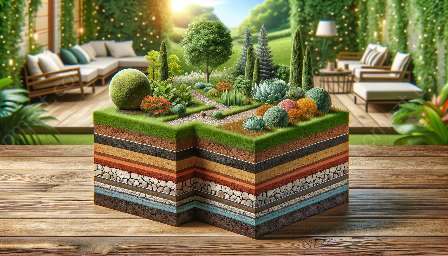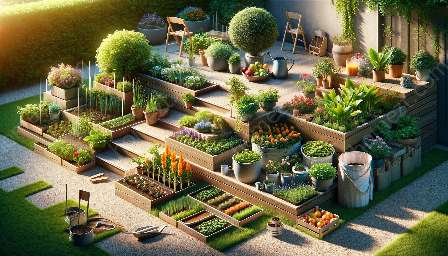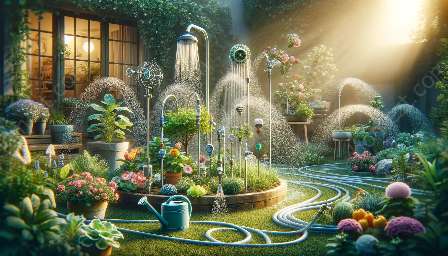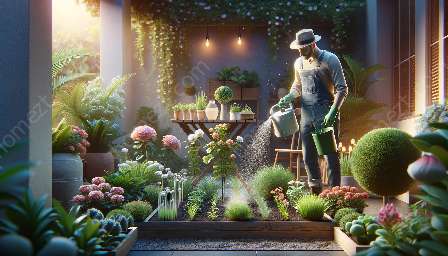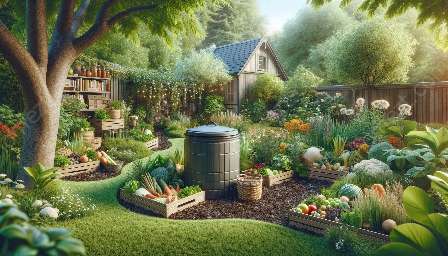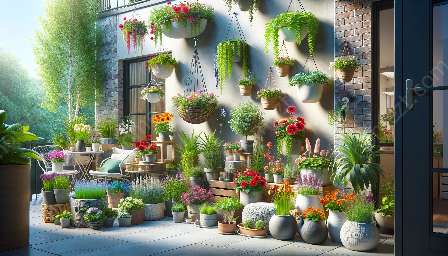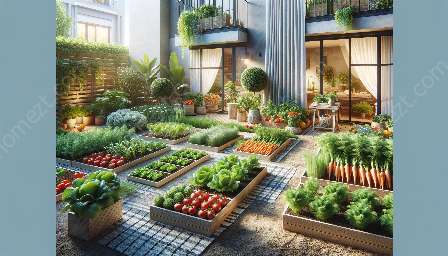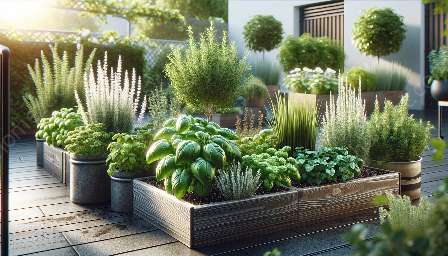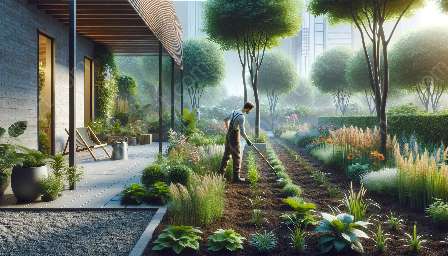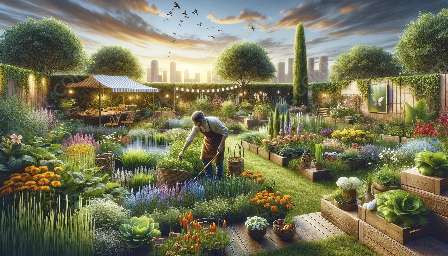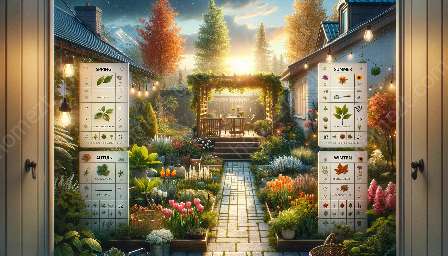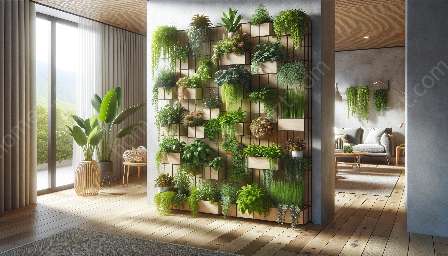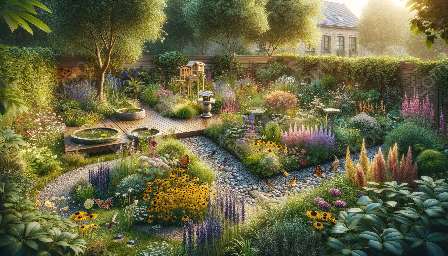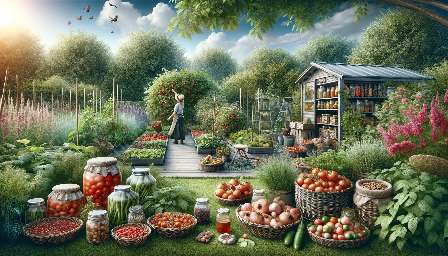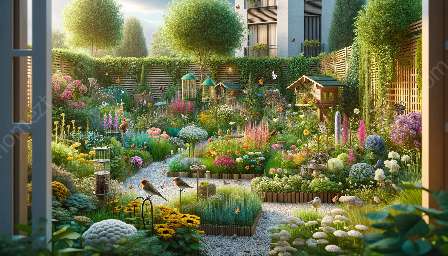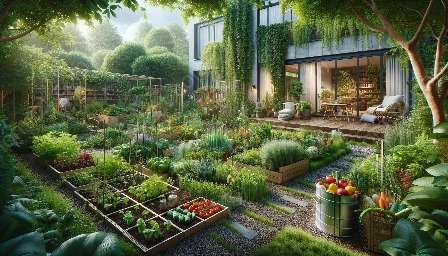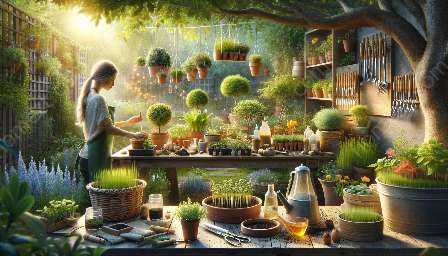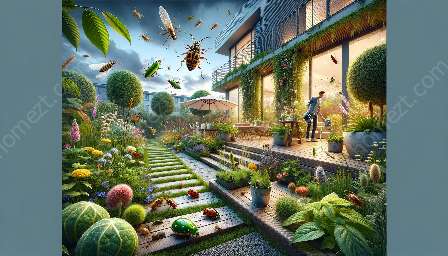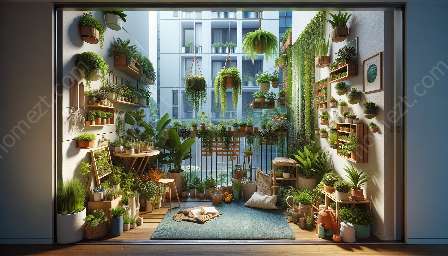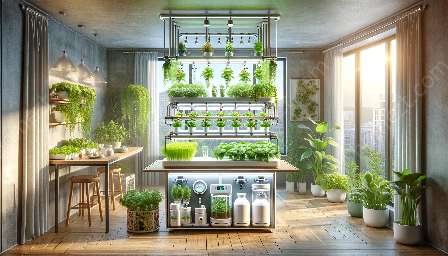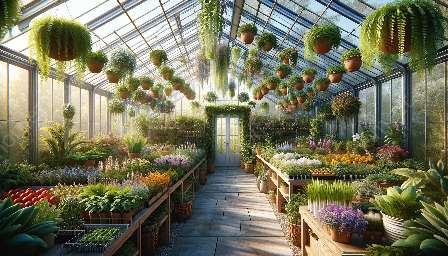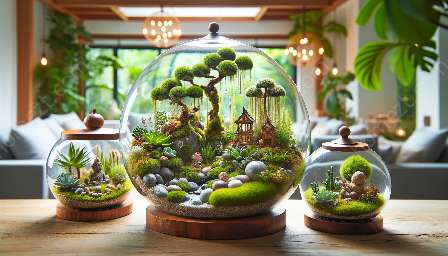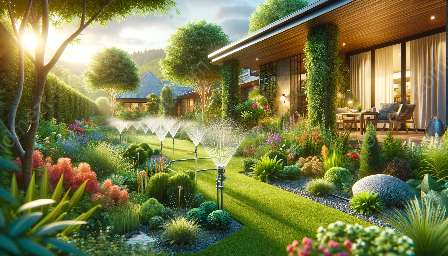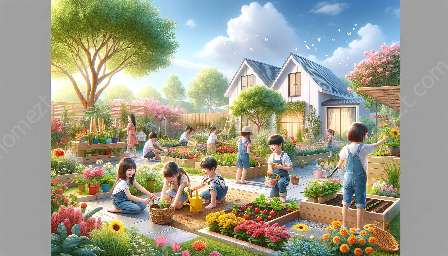Fertilization plays a crucial role in nurturing a healthy garden and improving your home's outdoor space. Understanding the process of fertilization and its various aspects can help you achieve vibrant, thriving plants and enhance the overall appeal of your outdoor environment.
The Importance of Fertilization
Fertilization is the process of supplying essential nutrients to plants to support their growth and development. It is necessary because most garden soils do not naturally provide all the nutrients that plants need to reach their full potential. By supplementing the soil with these vital nutrients, you can ensure that your plants have everything they require to flourish.
Benefits of Fertilization
Proper fertilization offers numerous benefits for your garden and home improvement projects. It promotes healthy plant growth, improves flower and fruit production, enhances foliage color and density, and aids in the establishment of strong root systems. Fertilization also helps plants resist diseases and pests, making them more resilient in various environmental conditions.
The Fertilization Process
When it comes to fertilizing your garden, it's essential to understand the process and employ the right techniques. Fertilizers contain three primary nutrients: nitrogen, phosphorus, and potassium, as well as several secondary and micronutrients. These nutrients are crucial for plant growth, with each serving a distinct purpose in supporting the plant's overall health.
Choosing the Right Fertilizer
Selecting the right type of fertilizer for your garden is crucial for achieving optimal results. Different plants have varying nutritional requirements, so it's essential to choose a fertilizer that matches the specific needs of your plants. Additionally, organic and synthetic fertilizers offer different benefits, and considering their impact on the environment is essential when making your selection.
Application Techniques
Proper application of fertilizers is vital to ensure that your plants receive the nutrients effectively. Techniques such as broadcast spreading, topdressing, and side dressing can be used based on your garden's layout and the specific needs of your plants. Understanding the application process is essential to prevent over-fertilization, which can harm plants and leach excess nutrients into the environment.
Timing Considerations
Timing is also crucial when it comes to fertilization. Applying fertilizers at the right time, such as during the growing season or before planting, can maximize their effectiveness and minimize the risk of nutrient runoff. Understanding your plants' growth cycles and their nutritional needs can help you plan an effective fertilization schedule.
Fertilization and Home Improvement
Enhancing your outdoor space through fertilization can significantly contribute to your overall home improvement efforts. A well-maintained and visually appealing garden can elevate the aesthetic appeal of your home, creating a welcoming and vibrant atmosphere for residents and visitors alike. Fertilization helps ensure that your garden remains lush and healthy, augmenting the overall beauty and charm of your home environment.
Environmental Considerations
While fertilization is beneficial for plant growth, it's essential to be mindful of its environmental impact. Using excessive fertilizers or applying them incorrectly can lead to nutrient runoff, potentially causing water pollution and harming local ecosystems. Employing sustainable and responsible fertilization practices is crucial for minimizing environmental damage and preserving the natural balance of the surrounding environment.
Conclusion
Fertilization is an indispensable component of successful gardening and home improvement. By understanding the importance of fertilization, choosing the right fertilizers, and employing effective application techniques, you can create a thriving garden and accentuate the beauty of your home's outdoor space. Embracing sustainable fertilization practices not only benefits your plants but also contributes to the preservation of the environment, ensuring a harmonious relationship between your garden and the surrounding ecosystem.

